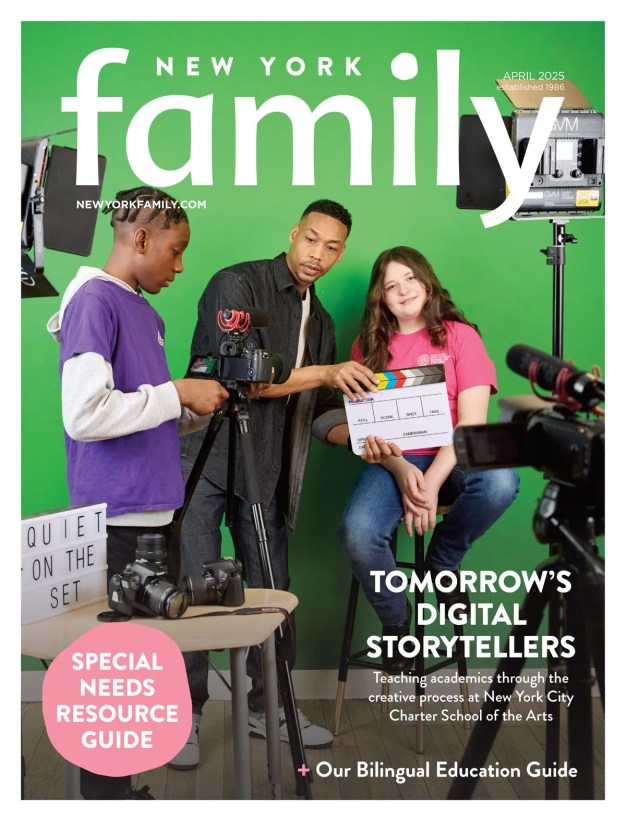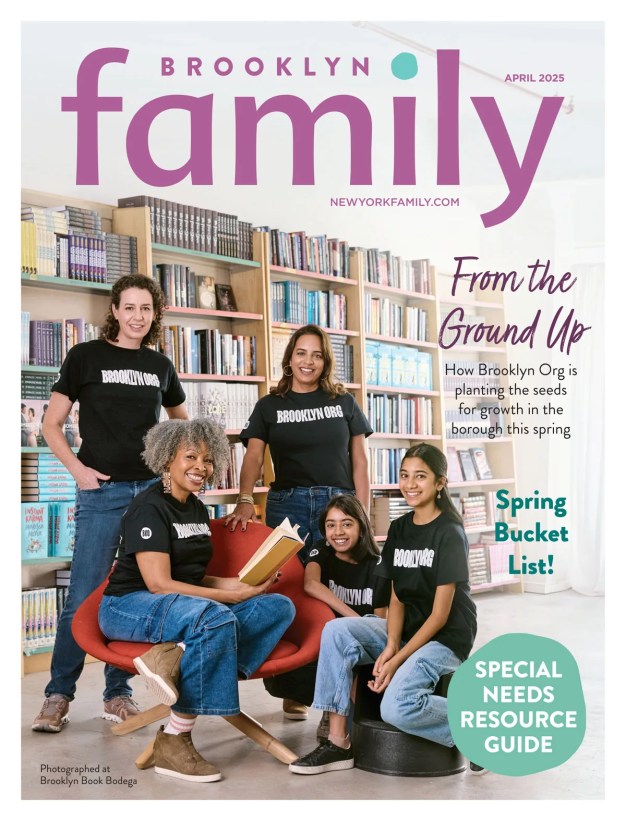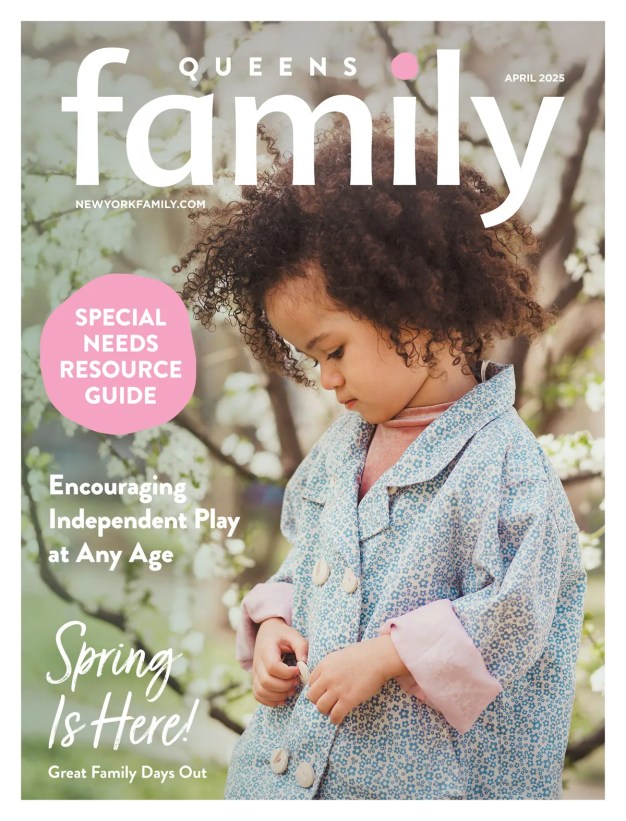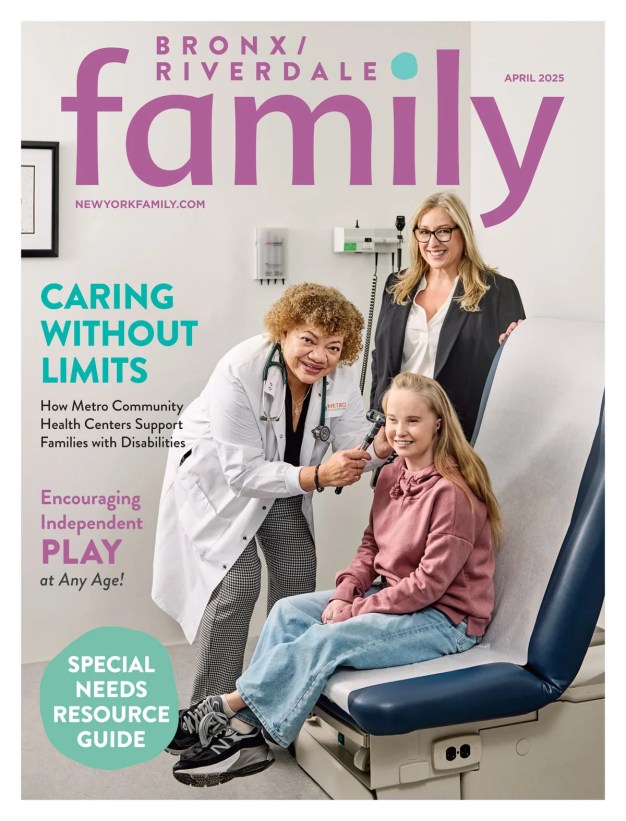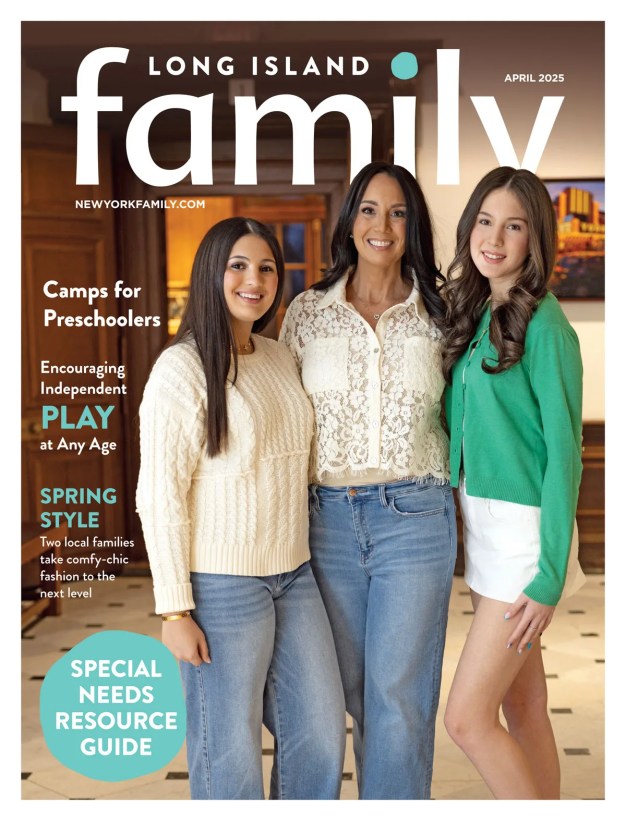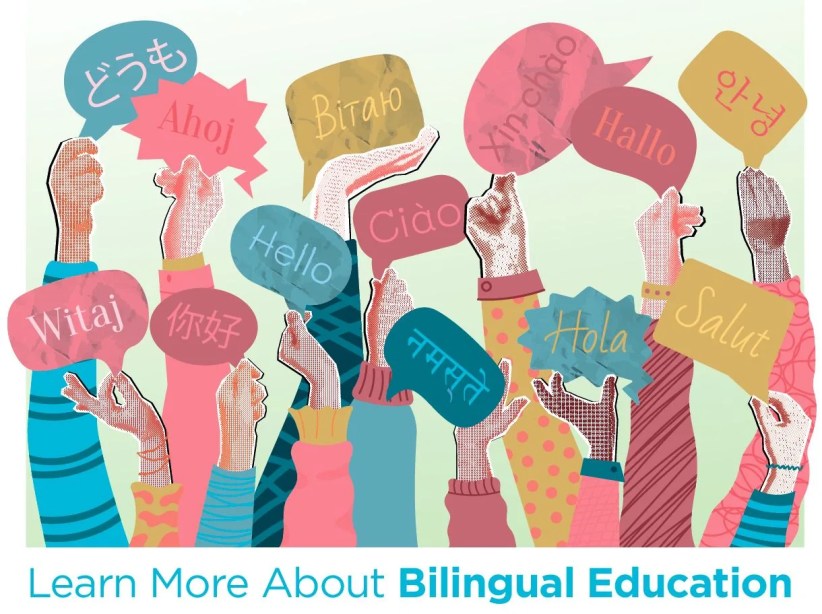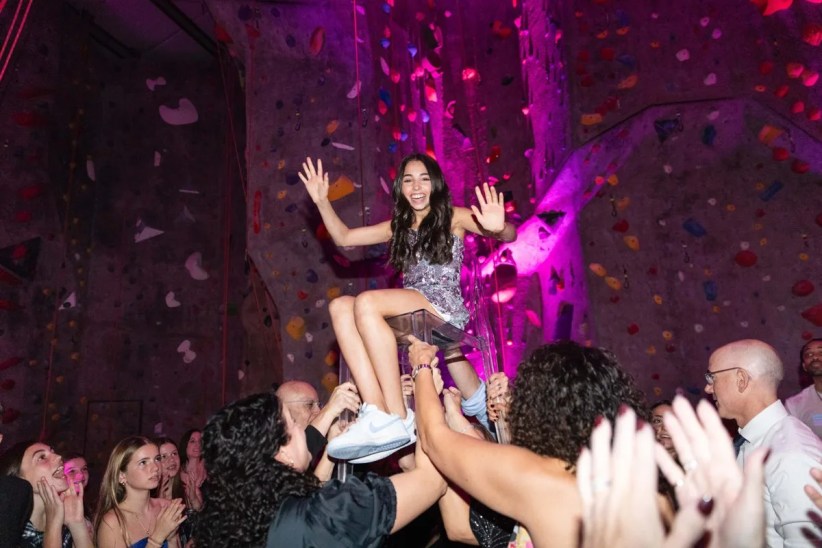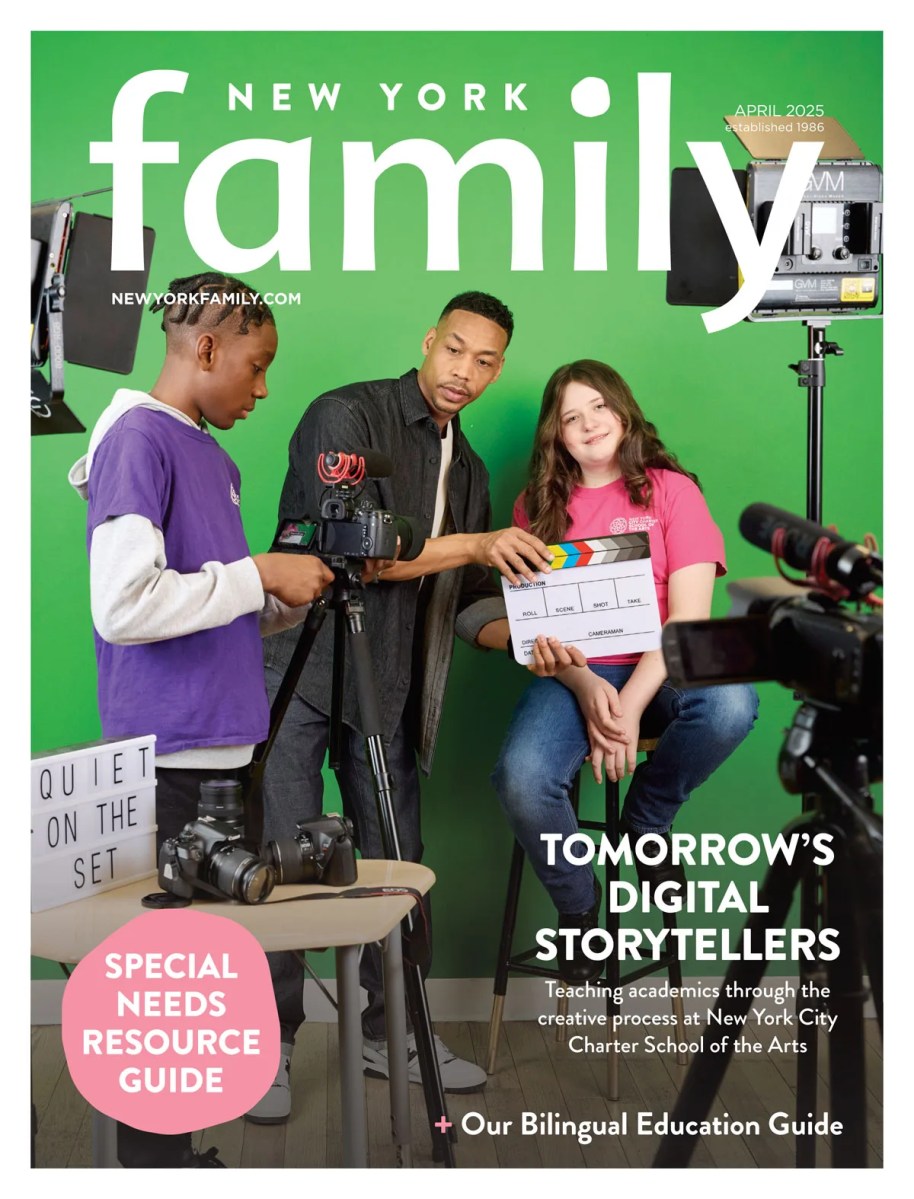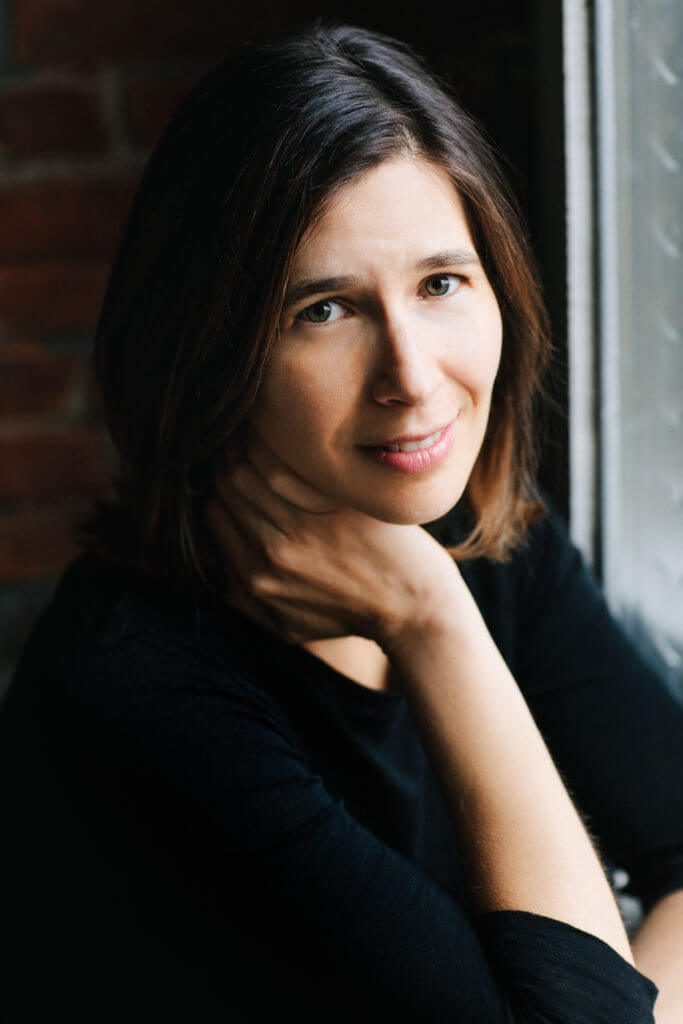
New York Family’s Parent’s Book Club August Pick is Those Who Knew, by Idra Novey. Those Who Knew tells the story of a young woman, Lena, who suspects that the powerful senator she was involved with is behind the death of another young woman. Lena had a previous violent incident with the senator that ended their relationship. Why didn’t Lena speak up then? Those Who Knew explores the cost of staying silent and the mixed rewards of speaking up in a divided country. We sat down with Idra Novey to discuss her novel further!
Idra Novey is the author of Those Who Knew, a Best Book of 2018 with NPR, Esquire, BBC, Kirkus Review, O Magazine, and a New York Times Editors’ Choice. Her first novel Ways to Disappear, received the 2017 Sami Rohr Prize and the 2016 Brooklyn Public Library Prize, and was a finalist for the L.A. Times Book Prize for First Fiction. She teaches creative writing at Princeton University.
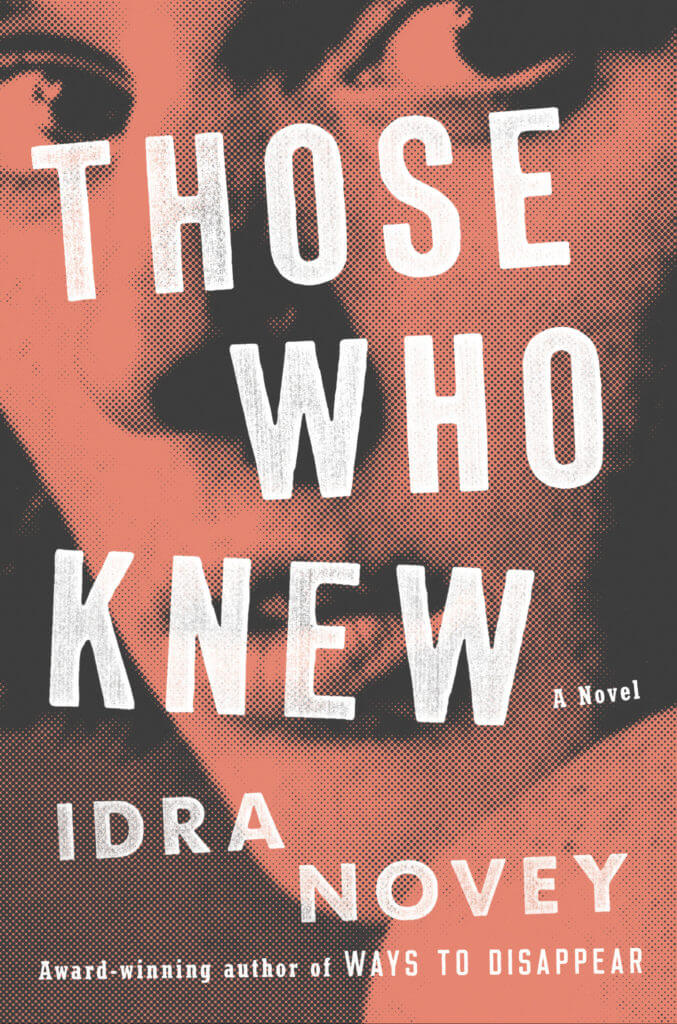
Those Who Knew speaks to the social and political culture today and the role that gender, violence, and silence play in it. What is the power of fiction in this novel? How was fiction useful in conveying these messages?
What you can get from fiction that you can’t get from nonfiction is the experience of uncertainty and inhabiting uncertainty. You can have shifting feelings, which I think, when it comes to parenthood, it’s a daily shifting. I often feel uncertain about the choices I make as a parent. So that was something I wanted to explore in the novel. For Lena, one day she’s sort of ambivalent about where to send her kid to school, and then she thinks, do I put my principles first or do I put my child’s well being first? Fiction is a place to explore that place in the mind where you have to inhabit this really profound uncertainty because you can’t forecast what these decisions will mean for me and what they will mean for my children.
In addition to a novelist, you’re also a poet and translator. What role did your background in poetry and translation play in writing Those Who Knew?
The middle section of the novel takes place in New York, and the theater that takes place in that second section is actually quite near where we’re doing this interview (Runner & Stone, Brooklyn). But when I was writing this, I always knew that middle section was going to be in New York. Because I lived part of the year in Chile with my husband’s family and I’m often translating from another language, as well as from another language in my mind, I really thought about this novel as moving between languages and countries. My own life moves between languages and countries and the way I raise my children, we move between languages and countries. We speak only Spanish at home and we speak English out in the world, so coming up with this novel was very much about moving from some other place, a non-English speaking country, to the Northern country, which is the middle section.
An aspect of the novel that really resonated with me were the depictions of motherhood and how the stereotypes of men and notions of masculinity found their way to the sons. How does being a mother of two sons provide you with a unique perspective and influence your writing of the novel?
We’ve had this whole unpacking about power balances and patriarchy, and yet when our children are born, whatever genitalia their born with may not determine the rest of their life. But we also don’t want to impose anything on them in that way, and so how do we get rid of that old fashioned boy box where we confined boys to certain notions? Regardless of what genitalia your child is born with, you don’t want to impose any expectations or confinement in any way. But what does that look like as a mother? How do I resist from expecting certain things from children because of how they might be seen by society? What do I with the difference between what I want my sons to be and what’s expected of them at school or what they receive in peer pressure? I want to be forward-thinking, and I see this as an opportunity to be part of the change that I want to be in the world, in a way that opens more opportunities for children, not shutting anybody out. Gloria Steinem said that society will really change not when we raise our girls like boys but when we’re brave enough to raise our sons like our daughters. And I really think that’s true. When are we going to be brave enough to raise our sons like daughters? I wrote a piece for the New York Times book review about how often we assign boys to books about action and flatulence, while girls get the books with emotional complexity and what a disservice that is to boys. Because if we don’t say we value your emotional complexity, your capable of emotional complexity, then why would we expect them to think that that’s something they should value in themselves? In terms of the books that I give my children and that I encourage them to read with their friends, I think about those things.
I don’t see this book as some sort of man-hating tirad by any stretch. There’s been a lot of talk when people say things like “oh, I’m a feminist because I wanna make a better future for my daughter.” But actually, it doesn’t matter whether you have children at all. We want to be a better future for everyone. I want a more gender parity in the world for my sons because I think that they shouldn’t be part of a society where anyone doesn’t get to reach their potential. One of the characters who goes forward in public office is one of the few women on the island who runs for public office, and you could say that’s a feminist thing. Yet when I was writing that about one the characters running for public office, there’s this little boy who’s part of the campaign and who’s making signs and cheering on this woman in his life who’s running as a candidate. So that is part of raising sons who want to be part of a different kind of world where they do see women running the country, local politics, and state politics. Those are the kinds of sons I want to raise. And I think we’re unpacking a lot. It’s funny how many books came out that were about “strong is the new female” or “pretty” and then finally they said “kind is the new strong” for boys, but it was a chaser that came much later. How can we liberate boys and men from the confines of patriarchy? Because it’s as stifling for them as, in many ways, it is for girls. I think about the Gloria Steinem quote a lot, and I want to be bold enough to do that as a writer and a mother.
What has the experience of raising a family in Brooklyn been like? Do you have any special family spots?
I love puppet works, which are these old fashioned puppet shows on 6th Avenue. I think there’s something that can happen in puppet shows. Your watching things that are clearly made up, but you have to give yourself over to these gestures and conversations that are happening between pieces of cloth. It’s a great act of imagination. I enjoy it as much as my children. Being able to give yourself over to that kind of play is part of the joy of parenthood — I get to do it all again with them. And I love Community Bookstore. They have such a great collection of kids’ books. I’ve been living here for nine years, so my kids have grown up in Community Bookstore. They’ve gone from the toddler shelves to the picture book shelves, and now they’re at the middle-grade novels. We go in there, and Ezra and Stephanie have been the owners since as long as we can remember. It’s part of our family life — being big enough to try a new shelf of books in our local book store.
Can you give us a behind the scenes look at your writing process? First, where did you do most of your writing?
It depends. When I’m teaching at Princeton, those days are a shot, because I’m hustling to get on the New Jersey Transit. My husband travels a lot to Chile and Brazil, but if he’s home, he’ll take the kids to school, and if he’s not, then I’ll take them and then come back. I usually just write in our living room. We have a nice, cozy couch that I got for free off of Park Slope Parents. We’ve had it forever. That’s another beauty of Brooklyn. People give away so many amazing things. That’s how I got my kid’s crib and so many things that we have in our house. People’s kids’ move on to new phases of life all the time, so if you just pay attention, you can get many of the objects of early childhood for next to nothing. That doesn’t surprise me that you can do that here.
Do you brainstorm and plan your whole story out first or get right to the writing?
When my first novel came out, I already had these characters in mind. I wrote this novel almost like my desk was on fire. I just couldn’t stop working on it, and from the very start, I knew that Lena and Cristina would end up finding common ground by the end. I didn’t want to play that too heavy, but it’s been something that I’ve really been fascinated by as a writer and a parent: how you don’t actually get to choose your friends’ parents. You have to find common ground with people who are raising the friends that your children choose. I was very interested in how that changes us as people and as parents. I’ve gotten to know people through my children and these friendships surprise me, because I wouldn’t have had them otherwise if it hadn’t been through the connections I had formed with our kids who chose each other at school. And the other thing that I was really interested in writing here is how Cosmo is made fun of for looking like a gringo or a tourist child, and how being the “other” as a child is very circumstantial. I think depending on the circumstance, any of us can be the “other”, the one left out. I was really interested in inverting what child you might expect to be the one who becomes the outsider in a classroom, and how Lena feels about that as a mother, to see her child be the outsider. We all need to be able to connect to what that’s like. No one wants to see their child being left out, it’s horrible.
Despite Victor and Freddy being brothers, there are stark differences between the two. How are the personalities of your two boys different and how do you handle their personalities in different ways?
I think it’s a question of birth order. But I also think, how much is this innate personality and how much is it the birth order and the sort of responsibility that we all expect from older siblings? And when I look at my sister and I, I think that she is far more responsible and reliable than I am, or at least when we were kids, because I was the younger sister. When I was thinking of the relationship between Freddy and Victor, it was both things I’ve observed raising two brothers and that incredibly strong bond between siblings that I’ve both experienced with a sister and now I get to witness as a mother. Having those two experiences, my own and then seeing that relationship evolve with my children, was something I really wanted to write about: how much that sibling relationship shapes who you are. I went into this novel thinking, how much will Victor be able to shape who Freddy becomes and how much will Freddy shape who Victor becomes, or will ultimately their differences estrange them from each other?
What was really startling is after writing about these two brothers and how Freddy didn’t want to sabotage his own public life as a playwright by exposing his brother, I started reading about the Weinstein’s, Harvey and his brother, and there you are: you have these two Weinstein brothers and one was covering for the other for a very long time. It’s a really curious thing how art can imitate life can imitate art can imitate life. As I was coming up with these brothers, one who was reckoning with his guilt of not coming forward about his brother’s public celebrated life and his private depraved actions, there were the Weinstein brothers, playing this out in the news. And I also wanted to compound that with sort of the larger issues happening in the country, which was this family history that they shared, this really painful family history. Just thinking about my own sibling loyalties and the sibling loyalties I see forming in my living room before my eyes between my own children, I just think, what do we all do with that? That sibling loyalty versus larger commitments to the truth is the perfect thing to explore in fiction, because it’s on a continuum, where your loyalties may fall on any one day.
What’s one piece of advice that you would give to aspiring writers who are also mothers?
One beautiful thing that I have found happen when I am writing and also a parent at the same time, is that you just have a finite number of hours, and in some ways that urgency can really be a virtue. That urgency can lead you to get to the point and get to the most uncomfortable truth sooner, because when you only have 3 hours, you can’t describe somebody’s shoes for 2 of them. You’ll get right to the reason that you sat down at the table. If you give yourself these 3 hours, and you say, what is the question that I need to do in this scene? What is the reason this scene is worth writing? And go to it. I think if you just give primacy to some sense of urgency, it’ll take you towards writing something where there’s something at stake.
You’re chairing the National Book Award for translation, you teach at Princeton, and you write, so for our working mothers out there, how do you handle the balance between your career and motherhood?
I would say that on any given hour I take the advice that Ani Difranco gave, which is that you can do all of these things but you don’t have to do them all at the same time. I just want to be fully present, for whichever of those things I’m doing. If I’m reading for the National Book Award, I want to be fully present and give myself over to whatever book is in front of me, and which deserves my full attention. And if I’m with my children, I want to be fully present and give them my full attention. If I’m working on my novel or an interview, I also want to be fully present for that. I can do all those things, but I need to really show up for whichever one I’m doing, fully in that moment, because if you’re just sort of ambivalent about which one you’re doing, you can’t enjoy any of them. Whatever slot of time you have before you, just commit to it. Then you can get in that flow state which makes it the most rewarding as a parent, as a writer, and as a teacher. I loved that about the classroom — we’re two hours in a class, and if you just give yourself over, then these magical moments happen with conversations.
What’s your book recommendation for 2019 so far?
My friend Angie Cruz has a novel coming out called Dominicana, which is fabulous. Another book is by Alix Ohlin, called Dual Citizens. It’s about a relationship between sisters, and about choosing motherhood versus not choosing motherhood when one sister chooses one option. I really enjoyed reading that because it’s about those sibling relationships, which I’m so fascinated by. I’ll give one more; another book that’s coming out in September is by Maaza Mengiste, called The Shadow King.
